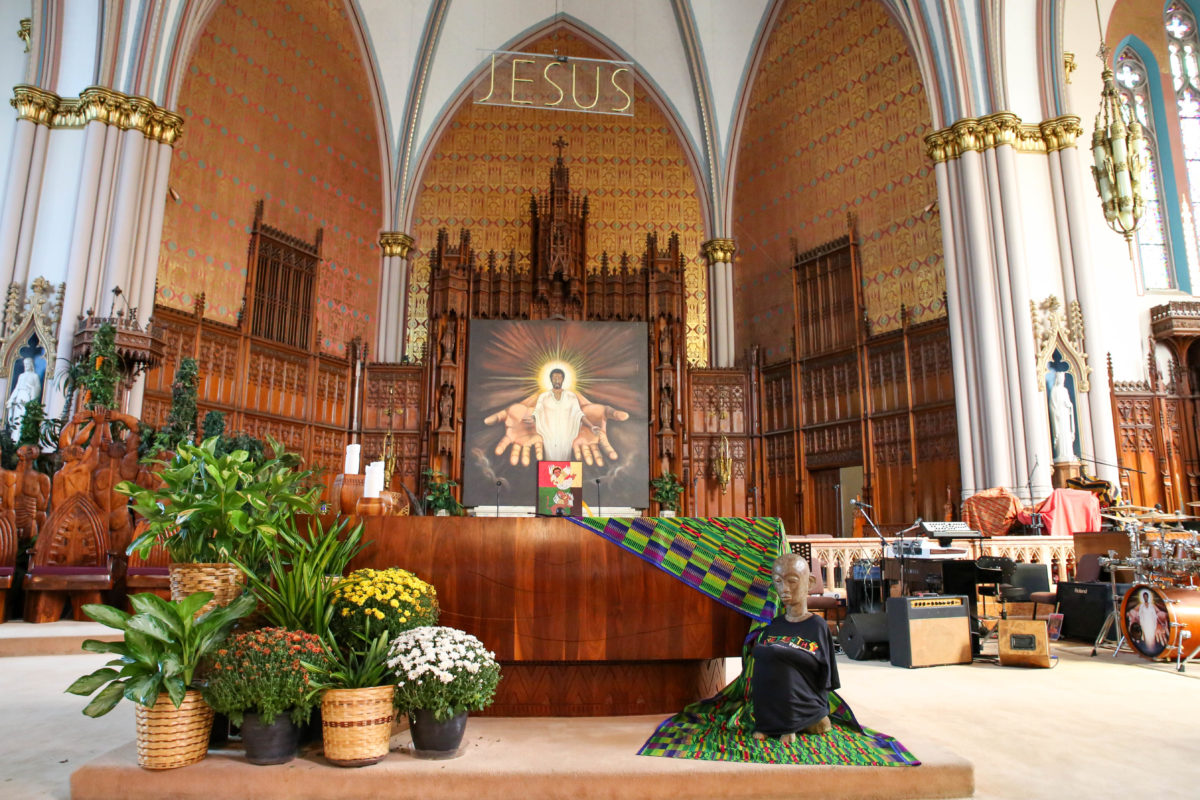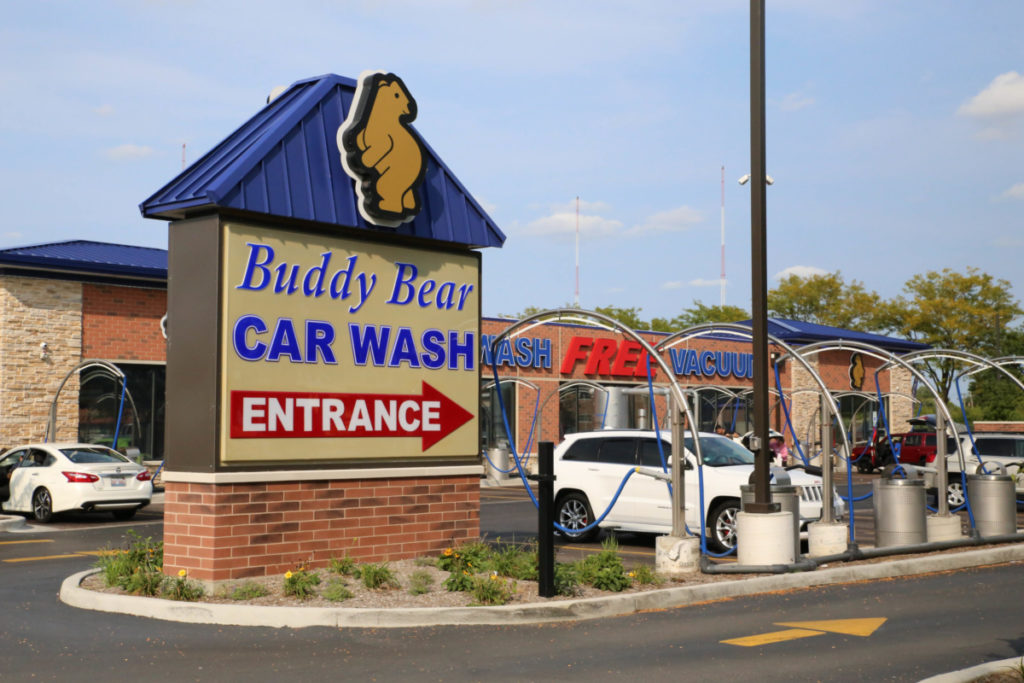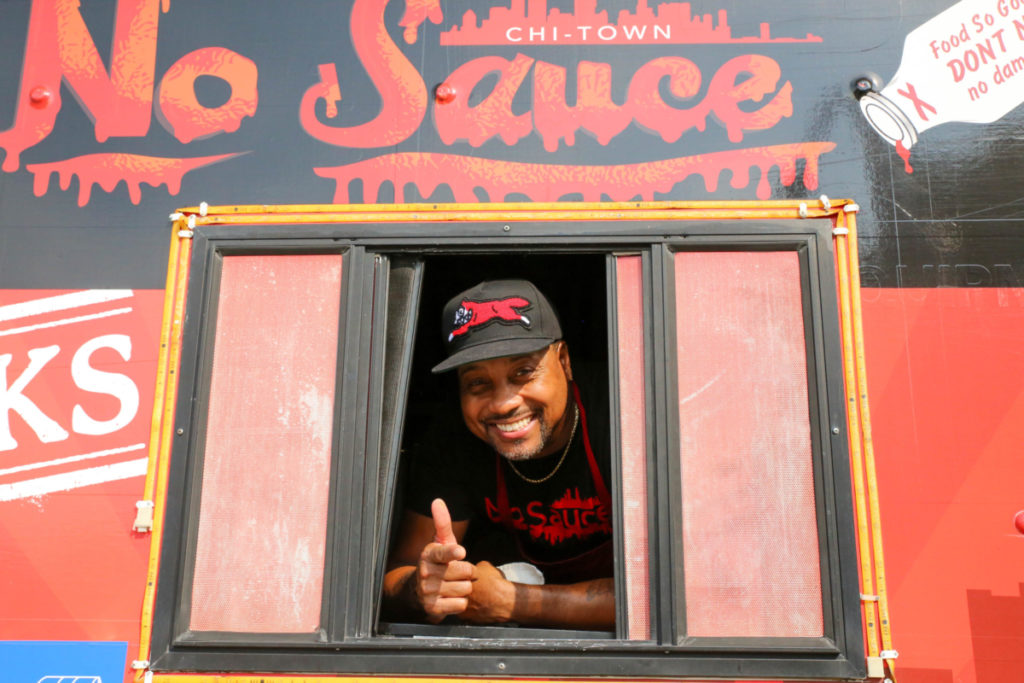- Best Place to Get a Car Wash: Buddy Bear Car Wash
- Best Community Tutoring and Technology Program: New Foundation of Hope
- Best Place to be in Nature: The Dan Ryan Woods
- Best Food Truck Grub: No Sauce AZ Smokehouse
Two homey communities on the far southwest side, Ashburn and Auburn Gresham are bordered by Evergreen Park and Oak Lawn to the south and west, and Englewood and West Lawn on the north and east. Full of classic Chicago bungalows, Ashburn can often feel like the suburbs within the city. With numerous nature spaces, close access to two public libraries, and myriad options for personal fulfillment like the Masjid Al Muhajireen or WAO Toastmasters, Ashburn is a small neighborhood in size, but is a thriving racially diverse community at heart.
However, it hasn’t always been so. Ashburn is still in the process of healing the wounds of its past when city residents and officials chose segregation, preventing Blacks and Latinos from living within the boundaries of the neighborhood. A diverse range of old and new business speak to the evolving character of the neighborhood: Vito & Nick’s Pizzeria has been a staple of the community for more than seventy-five years, and Bluebird Lanes originally opened in the late 1950s, while the much younger Las Islas Marias serves up delicious seafood dishes from the Mexican state of Nayarit. The Greater Ashburn Planning Association has worked to ensure that all residents of this community are seen, heard, and respected. The Black Fire Brigade, likewise, provides workshops and education for African American residents seeking to become medical technicians and EMTs. My own organization, Light of Loving Kindness, provides youth development programs focusing on mental wellness and mindfulness tools for high school students. These are only three of the many organizations working towards healing and unity within this community.
Adjacent to Ashburn, Auburn Gresham was originally settled in the late 1800s by German and Dutch immigrants, and later became a neighborhood of Irish railway workers. Today, Gresham is a thriving, predominantly Black community rich with history, culture, and deep aspirations for a bright future. With a current population of around 45,000, Gresham is a community with families, youth, and elders, all seeking to live a high quality, enriched life.
A 2016 quality of life plan initiated by the Greater Auburn Gresham Development Corporation defined Gresham’s future growth with clear directives to meet twenty-four outcomes, among them strengthening relationships with business owners and cultivating entrepreneurs from the community; improving neighborhood schools and providing students with access to committed, culturally responsive urban educators; focusing on becoming spiritually, mentally, emotionally and physically healthy through increased access to nutritious foods, healthcare and rehabilitative services; increasing participation in community crime prevention programs such as C.A.P.S., and providing options for seniors to participate in fitness and movement-based programs to name a few long-term goals.
Hanging out in the neighborhood today you can clearly notice spaces being continuously activated to meet these community goals. A Healthy Lifestyle Hub on 79th Street, the result of a partnership between GAGDC and the nonprofits Green Era Partners and Urban Growers Collective, was the citywide winner of the $10 million Chicago Prize from the Pritzker Traubert Foundation in 2020. Just last month Invest/SouthWest artist-in-residence Dorian Sylvain put the finishing touches on a new “Colors of Community” mural on the corner of 79th and Racine. Truly, things are growing and changing on the southwest side.
Cassandra Powell is the founder and executive director of Light of Loving Kindness, an Ashburn organization dedicated to empowering young people.



